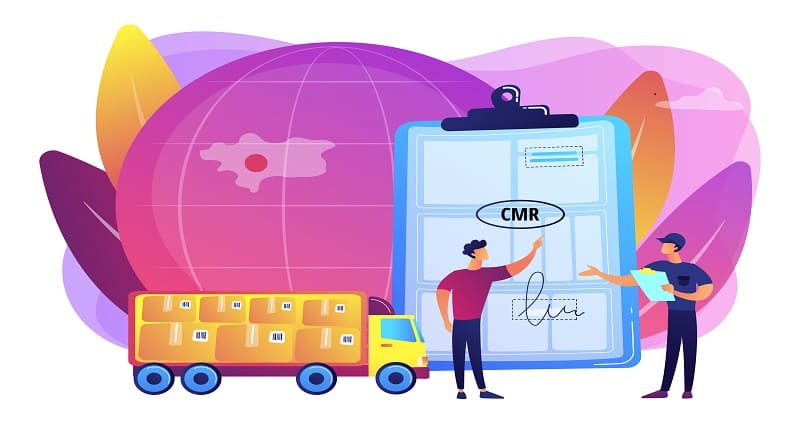With India’s export limits, the United States and the European Union are examining how to enhance food supply chains and other countries are exacerbating global issues, according to the EU’s trade commissioner.
The embargo was announced on May 13th, after abnormally warm weather wreaked havoc on the wheat crop, driving up local prices. As we all know, India is the second-largest producer of wheat in the world. However, it only contributes to about 1% of worldwide wheat commerce. A significant chunk of it- is kept to subsidize food for the needy.
The export ban should keep domestic prices in check in India. This, like other countries, is dealing with high inflation, which reached 7.8% in April, the highest level in eight years. When global supplies are- tightening, they view such restrictions as “food protectionism.” The United Nations has also- issued a warning about the possibility of a global food crisis in the coming months.
It was partly incurring to lower crop yields and partly because of farmers selling more wheat to private traders this year, who were buying at higher prices since they expected strong exports. The restriction has also harmed farmers who had- expected to benefit from better pricing around the world this year. For him, it was a double whammy. Their crops were- harmed, and they suffered. According to Damodaran, they can no longer benefit from worldwide price hikes.
What is the significance of India’s ban on wheat exports to the rest of the world?
India has defended its decision to ban wheat exports. Despite concerns that it could worsen the global food supply situation after the Ukraine war. Because India is not a primary wheat exporter, the export ban, according to India’s Commerce Minister Piyush Goyal, should not affect global markets.
Wheat prices, and the cost of other products, had soared during March and April because of Russia’s invasion of Ukraine. Because of the war’s end, millions of tons of wheat could not leave Ukraine. Since- it is one of the toughest exporters in the world.
Similarly, At Money Helpr, you will also get updates on stock markets, bonds, IPO and insurance relates tips and tricks.
In the- years 2022-23, it has set a target of exporting 10 million tonnes of food grains. To- negotiate the gains from the war’s global disruption in the- supply of wheat. And find new markets in Europe, Africa, and Asia for its grass.
There are some reasons India bans wheat exports despite big business plans:
- Whereas- India will no longer supply wheat to the rest of the world. The government ban is not a complete ban on exports.
- Exports, according to the administration, are still possible. If New Delhi agrees to requests from foreign nations to “meet their food security needs.”
- Egypt has already begun discussions with the Indian authorities about an exemption from the export prohibition.
- In mid-March, however, there was a sudden and unexpected rise in temperature. It showed that India’s crop size would be smaller than expected.
- The administration has also stated that the prohibition on international shipments is not indefinite and that it may amend in the future.
- India’s prohibition on wheat exports is a proposed effort to keep domestic prices in check, not a reaction to a crisis.
What part of the criticism of India’s wheat export ban isn’t accurate?
India has prohibited wheat exports due to record-high domestic inflation and a severe heatwave that ruined the crop.
- Politicians and foreign leaders have reacted to the move, with many begging and encouraging India. To- reconsider its wheat export prohibition.
- The most seriously affected countries, such as Egypt and Lebanon, face not just the threat of famine. But also the risk of social unrest and a negative impact on world stability.
- We examine India’s wheat production, how much it exports, and what countries have said about the ban.
- And the government’s defense of the move as it continues to implement its wheat ban despite criticism from Western countries.
People worldwide starve to death every day, although there is more than enough food to go around here. Worse yet, wartimes use malnutrition as a weapon of war, so many go hungry. And they don’t perceive where they will get their next meal.
Because this is a global crisis, it falls under the purview of the United Nations. We owe it to the millions of people concerned about where their next meal will come from or how they will feed their families. This week, she added, is about taking ownership of that obligation. And- acting to reduce global food insecurity.

